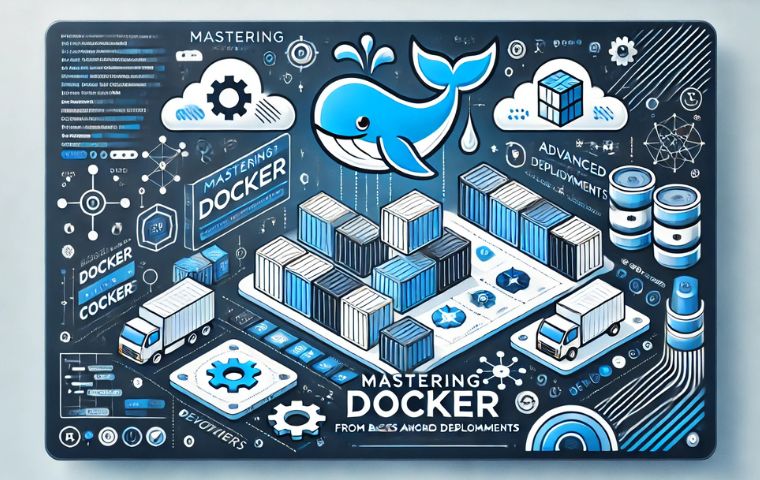About Course
Docker is a powerful platform that simplifies the development, deployment, and scaling of applications through containerization technology. Containers package applications and their dependencies together, ensuring consistency across various environments. This course will introduce you to Docker’s core concepts, such as creating, managing, and running containers. You will learn how to use Docker to streamline workflows, enhance portability, and ensure seamless integration across development, testing, and production environments. By the end of the course, you’ll have the practical skills to build efficient, scalable applications with Docker, making it an essential tool in modern DevOps and cloud-native development.


